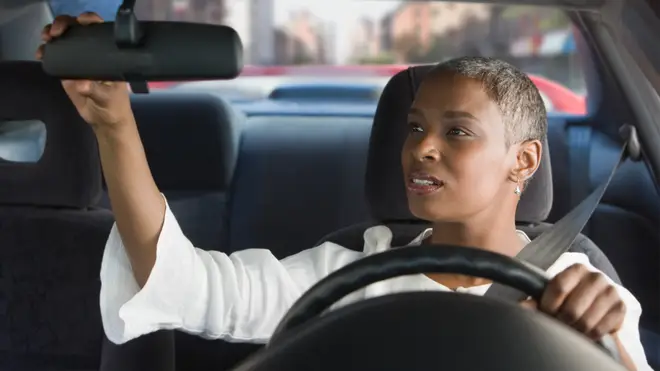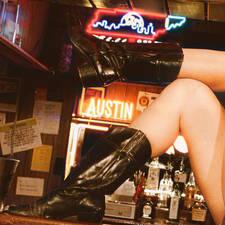Drivers could face £1,000 fine for using 'thank you gestures' on the road
29 June 2022, 10:53 | Updated: 5 October 2022, 12:03

Saying thank you to another driver could result in a fine as high as £1,000.
Motorists have been warned they could end up with a hefty fine if they use some common gestures at the wheel.
The large majority of drivers often raise their hand to say thank you or even flash their back lights when they are let out of a junction.
But some of these small gestures are actually a breach of The Highway Code and could see you facing a large penalty and points on your licence.
- Drivers could be hit with £70 fine under new law introduced next month
- Drivers face £5,000 fine or disqualification for letting dog hang out of car window
- Motorists in self-driving cars can watch TV behind wheel in Highway Code change

For example, using a classic wave or thumbs up would see your hands come off the wheel for a second.
The Highway Code says you should have both hands on the wheel or handlebars ‘where possible’ to remain in full control.
This means those who lose control while waving at the wheel could be hit with a £1,000 fine, discretionary disqualification and three penalty points on their licence.
Flashing headlights could also leave you with a similar £1,000 fine, as rule 110 of the Highway Code says drivers should only ever flash their headlights "to let other road users know that they are there".

Similarly, using hazard lights is also against the code, with rule 116 stating: "You MUST NOT use hazard warning lights while driving or being towed unless you are on a motorway or unrestricted dual carriageway and you need to warn drivers behind you of a hazard or obstruction ahead.
“Only use them for long enough to ensure that your warning has been observed."
This comes after a recent study by comparethemarket revealed that the most common way to say thank you to drivers is by waving, with 63 percent admitting to doing it.
42 percent of motorists flash their headlights to say thank you while 35 percent put their hazards on.























